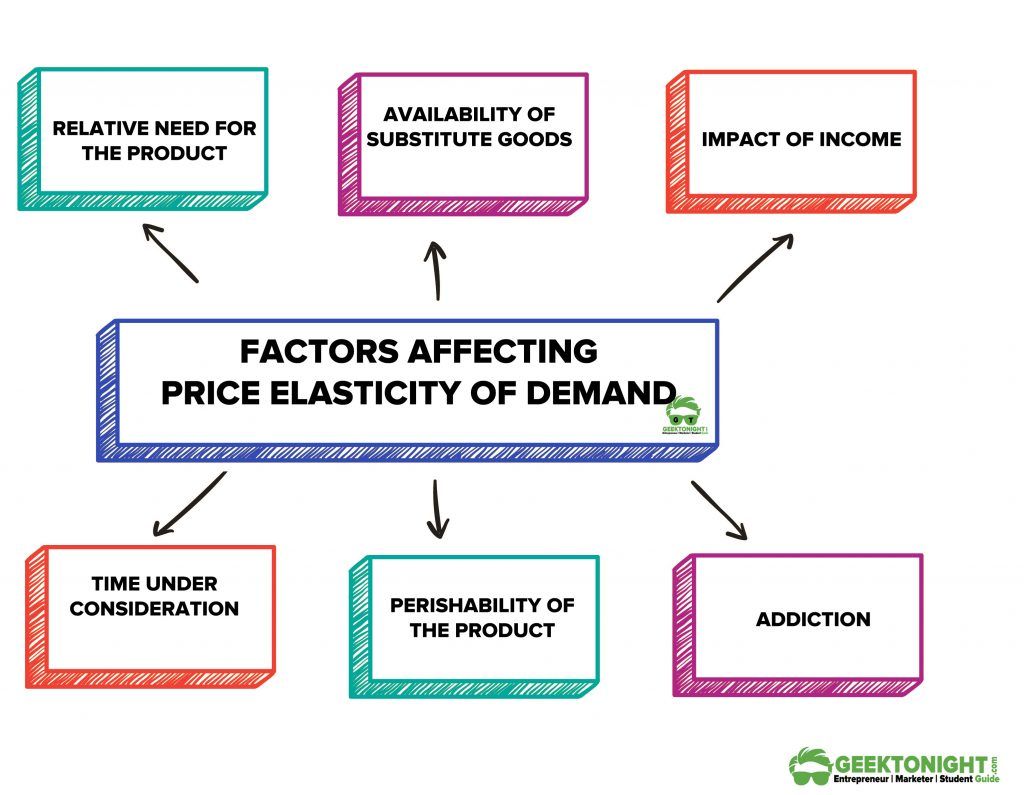The Great Decoupling: A Geopolitical Perspective

Table of Contents
Economic Fragmentation and the Rise of Regional Blocs
The Great Decoupling is fundamentally reshaping global economic structures. We're seeing a move away from the hyper-globalization of recent decades towards a more fragmented, regionally-focused model. This fragmentation is driven by several factors, most notably the intensifying rivalry between major powers.
The US-China Tech War and its Global Implications
The escalating technological competition between the US and China is a defining feature of The Great Decoupling. This "tech war" involves trade restrictions, technology bans, and intense intellectual property disputes. These actions are significantly impacting global supply chains and economic interdependence.
- Examples of specific tech restrictions: Restrictions on the export of advanced semiconductors to China, bans on the use of Chinese telecom equipment in Western countries, and limitations on investment in Chinese technology companies.
- Consequences: Disruption of global supply chains, increased costs for businesses, the emergence of competing tech ecosystems (e.g., a Western-aligned ecosystem and a China-centric one), and potential for slower technological innovation due to reduced collaboration. The semiconductor industry, crucial for everything from smartphones to military hardware, is particularly affected. The development and application of Artificial Intelligence (AI) is also experiencing significant decoupling.
- Strategic motivations: The US aims to contain China's technological rise, while China seeks technological self-reliance and global influence. These actions represent a move towards economic nationalism and a departure from a previously more open global technological landscape.
Diversification of Supply Chains and "Friend-Shoring"
In response to geopolitical risks and supply chain vulnerabilities exposed by the pandemic and the tech war, many countries are actively diversifying their supply chains. "Friend-shoring," the practice of relocating production to countries with close political and economic ties, is becoming increasingly prevalent.
- Examples of diversification: Companies relocating manufacturing from China to Southeast Asia, India, or Mexico; governments investing in domestic manufacturing capacity; and the development of regional supply chains within geopolitical blocs.
- Costs and benefits of friend-shoring: While friend-shoring enhances security and resilience, it can lead to higher production costs and reduced efficiency due to shorter and less optimized supply chains.
- Geopolitical implications: The formation of regional economic blocs, increased trade tensions between competing blocs, and the potential for reduced overall global economic growth. Government incentives and policies are playing a significant role in driving this diversification.
Geopolitical Reallignment and the Erosion of Multilateralism
The Great Decoupling is not just an economic phenomenon; it's also a profound geopolitical realignment. We're seeing a weakening of multilateral institutions and a rise of competing geopolitical blocs, shaped by differing political ideologies and national interests.
The Rise of Competing Geopolitical Blocs
The global landscape is increasingly characterized by competing alliances and blocs. The formation of these groups reflects a move away from global cooperation towards more regionalized power dynamics.
- Examples of key alliances: The Quad (US, Japan, India, Australia), AUKUS (US, UK, Australia), and the increasing influence of China's Belt and Road Initiative. These alliances have different objectives, including strategic security, economic cooperation, and technological advancement.
- Impact on global power dynamics: Increased competition between major powers, potential for increased geopolitical instability, and a challenge to the existing global order dominated by multilateral institutions. The influence of political ideologies, such as democracy versus authoritarianism, is significantly shaping the composition and objectives of these blocs.
Increased Nationalism and Protectionism
The Great Decoupling is accompanied by a resurgence of nationalism and protectionist policies worldwide. Countries are prioritizing domestic interests, leading to increased trade barriers and reduced international cooperation.
- Examples of protectionist measures: Tariffs, subsidies, trade restrictions, and regulations that favor domestic companies.
- Arguments for and against protectionism: Proponents argue that it protects domestic jobs and industries, while critics contend that it harms global economic growth, reduces efficiency, and can lead to retaliatory measures.
- Relationship with The Great Decoupling: Protectionist policies are a direct consequence of the increased competition and mistrust between major powers, further reinforcing the trend towards economic and geopolitical fragmentation.
The Future of Globalization in the Age of Decoupling
The future of globalization in the face of The Great Decoupling is uncertain, with various potential scenarios unfolding.
Potential Scenarios and Their Implications
The future trajectory is not predetermined, and we could see a variety of outcomes.
- Optimistic scenario: A new form of "managed globalization," characterized by regional cooperation and reduced reliance on a single global system. This would involve strategic partnerships and cooperation among trusted allies.
- Pessimistic scenario: Increased economic and political fragmentation, leading to higher trade barriers, reduced global growth, and increased geopolitical instability. This could involve a sharp decline in cross-border investment and collaboration.
The long-term consequences of The Great Decoupling will profoundly impact economic growth, international relations, and technological development.
Adapting to a Changing Global Order
Businesses and governments must adapt to this more fragmented global economy.
- Strategies for businesses: Diversification of supply chains, regionalization of operations, investment in resilience and adaptability, and careful risk management.
- Strategies for governments: Strategic partnerships with like-minded countries, regulatory adjustments to support domestic industries, and investment in technologies critical for national security and economic competitiveness.
Navigating this new geopolitical landscape requires a focus on adaptability, resilience, and a deeper understanding of the evolving geopolitical dynamics.
Conclusion
The Great Decoupling represents a fundamental shift in the global order, characterized by economic fragmentation, geopolitical realignment, and increased nationalism. Understanding the complexities of this phenomenon is crucial for businesses, governments, and individuals alike. The implications are far-reaching, affecting global trade patterns, technological development, and international relations. The rise of regional blocs and the decline of multilateralism pose both challenges and opportunities. Continue researching and engaging with the ongoing discussion surrounding The Great Decoupling to better navigate this evolving geopolitical landscape. Understanding the intricacies of The Great Decoupling and its ramifications is essential for a successful future in this new era of global relations.

Featured Posts
-
 Turning Poop Into Prose How Ai Digests Repetitive Scatological Documents
May 08, 2025
Turning Poop Into Prose How Ai Digests Repetitive Scatological Documents
May 08, 2025 -
 Antqal Jysws Lflamnghw Rd Fel Alshmrany Almuthyr Lljdl Fydyw
May 08, 2025
Antqal Jysws Lflamnghw Rd Fel Alshmrany Almuthyr Lljdl Fydyw
May 08, 2025 -
 The Arteta Question Collymores Arsenal Commentary
May 08, 2025
The Arteta Question Collymores Arsenal Commentary
May 08, 2025 -
 Ethereums Path To 2 000 Factors Influencing The Price
May 08, 2025
Ethereums Path To 2 000 Factors Influencing The Price
May 08, 2025 -
 Where To Stream Andor Season 1 Hulu And You Tube
May 08, 2025
Where To Stream Andor Season 1 Hulu And You Tube
May 08, 2025
